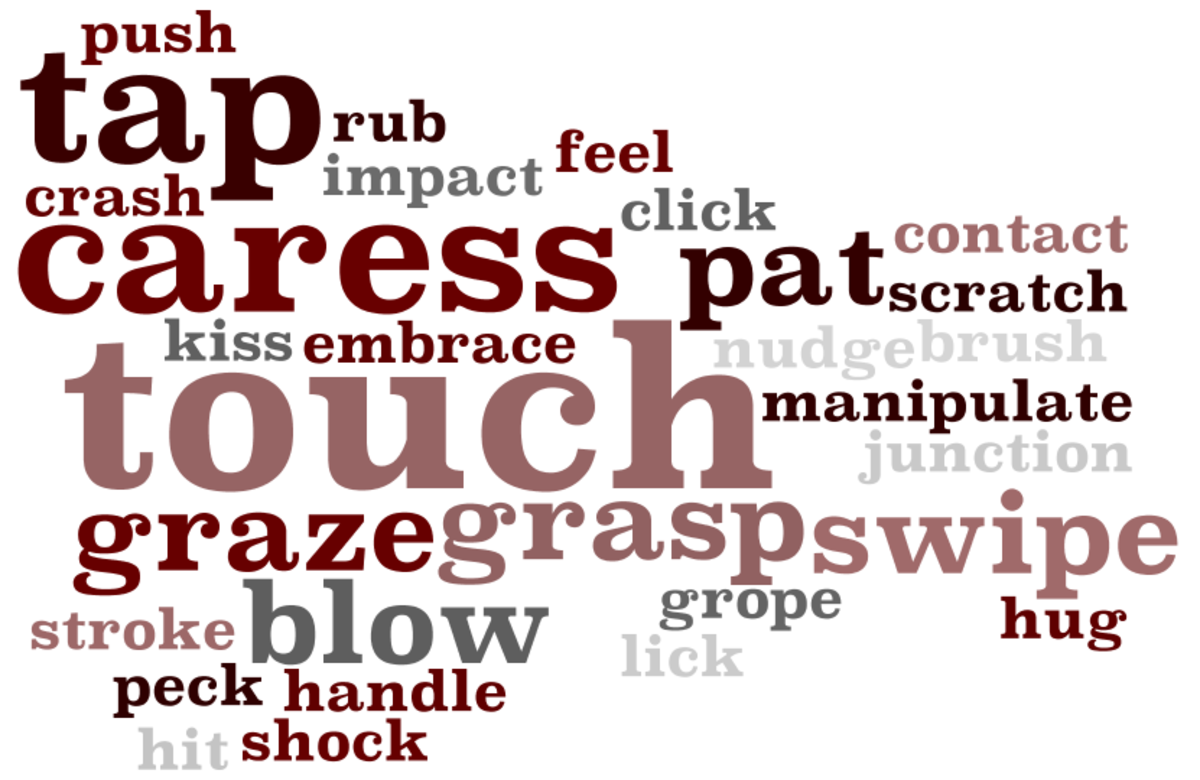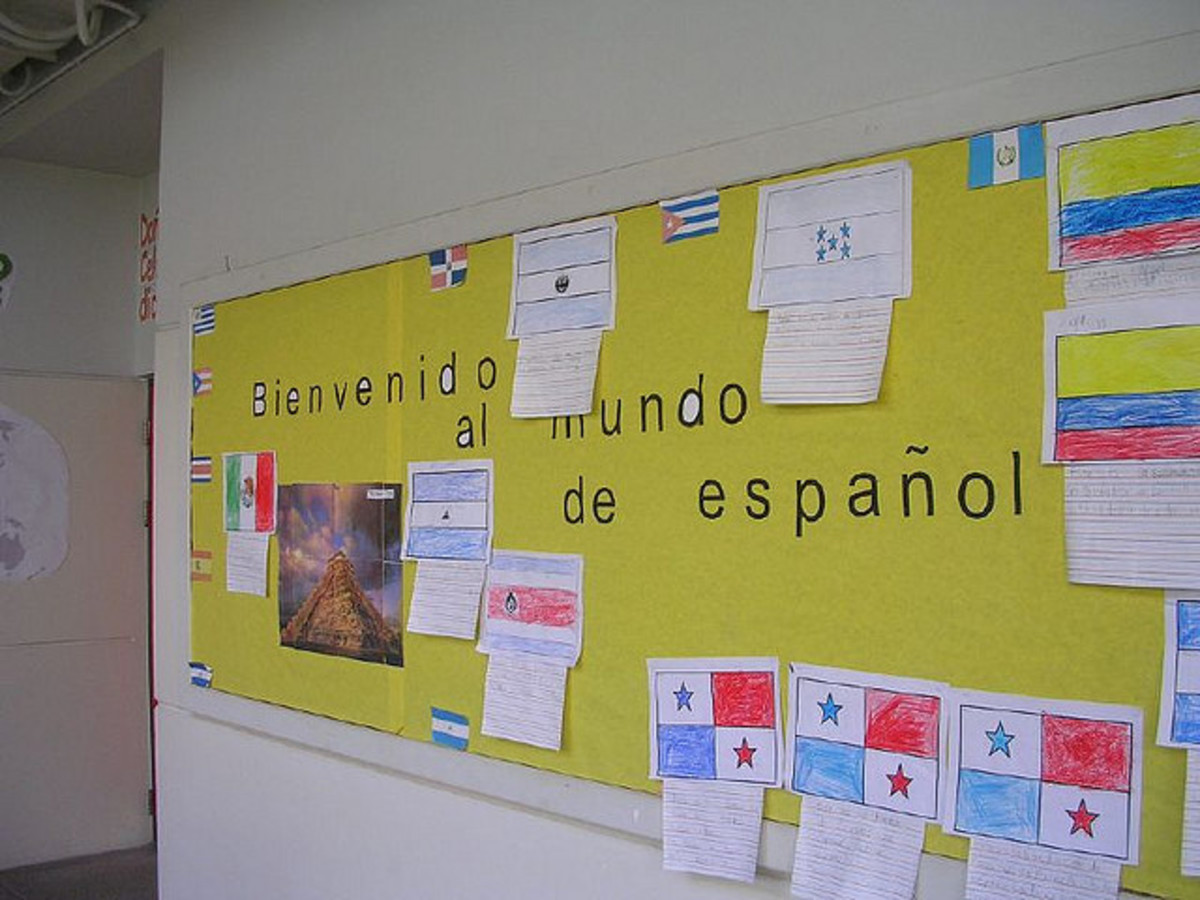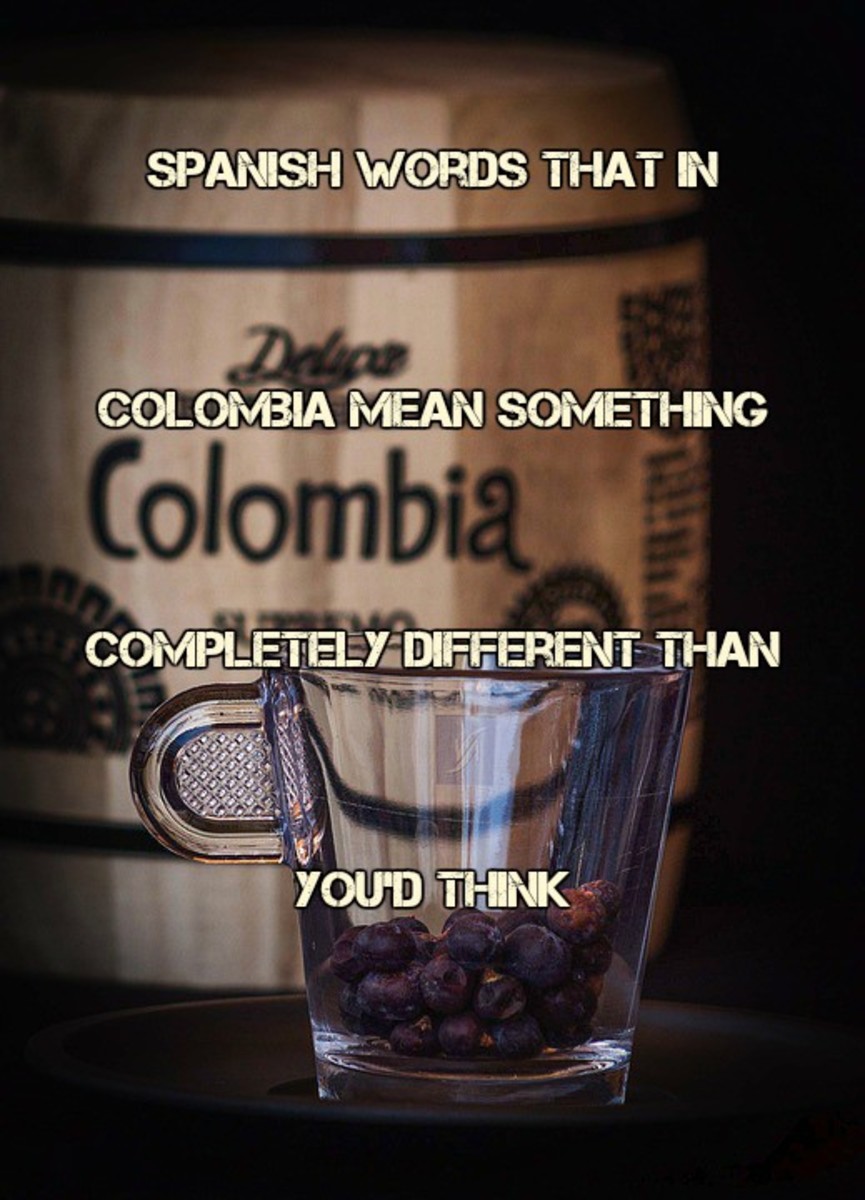Spanish Lesson Sixty: Saber Vs. Conocer

Good Day Readers!
Thanks for stopping by today. I want to thank everyone for their support over eighteen months of writing these Spanish lessons. Today we're going to discuss the differences of Saber and Conocer. If you didn't know, these two verbs mean "to know" in Spanish. Very similar to Estar and Ser, these two verbs mean the same exact thing, but only specify certain aspects in each. So today we're going discuss those differences and make room for the ability to differentiate between the two.
Next week we will start learning the first of the Seven Compound tenses in Spanish. I know, it's been a while. These tenses make use of a new verb and the past participles. I'll explain those next lesson. Thanks for reading and let's continue on.

Objectives
- To Discuss the differences between Saber and Conocer
- To Familiarize with the concepts pertaining to Saber and Conocer
- To Be Able to understand when to use which verb in everyday conversation
Do You Already Know The Differences Between Saber and Conocer
Saber Vs. Conocer
Hey Readers,
Saber Vs. Conocer isn't a very difficult concept. In fact, I think it's one of the easiest two verbs with the same meaning to learn. The two verbs have a feel to them and it'll be very easy to know when to use which one. All you have to do is read today's lessons with the comparisons and read some examples of usage. It won't take very much long and thus makes this lesson a bit shorter than the most. Next week, however will be quite the lesson so use this as our last lesson of relaxation.
If you're interested in learning some new words, check out today's vocabulary list which features a plethora of nouns that follow no particular theme. Thanks for reading and I'll see you at the lesson portion.

Book: El Libro
Place: El Lugar
People: La Gente
Things: Las Cosas
Ideas: Las Ideas
Pieces: Los Pedezos
Moles: Las Lunares
Fly: La Mosca
Butterfly: La Mariposa
Monster: El Monstruo
Goblin: El Duende
Customer: El Cliente
Door: La Puerta
Lamp: La Lámpara
Kitchen: La Cocina
Today's Vocabulary
Hey Readers!
Welcome to today's vocabulary! Last week we learned some new verbs, so this week I think we'll do nouns. Next week we can learn all about Past Participles. If you don't know what those are, crack open an English grammar textbook. They're the same things in our language as well. However, now, we're going to learn some new nouns or some that are new to some of us and old to others. Let's take a look to the right at our list.
Also, don't forget that it's okay to review words from the past. Last week's words were pretty impressive. Go on back and review those if you wish before continuing on. Also, a great suggestion is to sign up for a Spanish Word of The Day. I've done this and I think it's a great idea for getting a constant flow of new words entering your vocabulary. Check out Spanish Dictionary to sign up for the service. I found it pretty interesting. I've learned a couple of new words I didn't know before. An amateur is bound to learn A LOT of new words. So give it a shot!!
Saber
- Facts
- Possess Information (Thorough)
- How To Do Something
- To Find Out (Preterit)
Conocer
- People, Places, Things
- Meet or To Be Acquainted With For The First Time (Preterit)
Saber and Conocer Explained
Hey Readers.
If you look to your right, you can see that I've put the differences between Saber and Conocer for your use. The two verbs, as you can see, work for different circumstances that I am about to portray using some same sentences from the book 501 Spanish Verbs. It's a great book that I've used over time to help me research and reiterate some of the information pertinent to these lessons. It's a great resource and I'm thankful to have it. That is one of many references I used on this lesson. I wanted to be very specific and able to give out the best information. All of my sources, thankfully, have given me the same information. So these specifications are nearly verbatim with every resource I've used. So now... let's discuss these two awesome verbs.
Yo sé pintar. I know (how to) paint. When using saber with an infinitive, it implies that you know how to do something in a sense.
¿Sabes qué hora es? Do you know what time it is? You can use saber to ask if someone has a general knowledge of something like what time it is or where something is or any piece of fact or information. You can also answer back.
Sí, yo sé qué hora es. Yes I know what time it is.
¿Lo sabes? Do you know it?
Sí, yo lo supe ayer.Yes, I found out yesterday. When using saber in the preterit, you can iterate that you discovered information in the past.
¿Conoces a Aubrey? Do you know Aubrey? Use Conocer to ask and infer that you are familiar with a person, place or thing. Also, when referring to a person or pet, the preposite "a" must be placed before the person or pet in question to complete the phrase.
¿Conociste a Manuel? Did you meet Manuel? Use Conocer in the preterit to infer that you have met someone in the past or became familiar with a person, place or thing. Conocer in the preterit also infers that you've meet someone or became acquainted with a person for the first time in the past.
¿Conciste a Manuel? Did you meet Manuel (for the first time)?
Final Note: For the most part, these two verbs are pretty distinguishable. Just remember that Conocer means "To Be Familiar With" and Saber means "To Know or Understand Thoroughly". Sometimes there are moments when the two can be interchangeable. Usually this is in terms of subject or learning discipline. You can play that by ear.
Conjugating Saber and Conocer (Present Indicative)
Verb
| Yo
| Tú
| Él/Ella/Usted
| Nosotros
| Ellos/Ellas/Ustedes
|
|---|---|---|---|---|---|
Conocer
| Conozco
| Conoces
| Conoce
| Conocemos
| Conocen
|
Saber
| Sé
| Sabes
| Sabe
| Sabemos
| Saben
|
Conjugating Saber and Conocer (Preterit)
Verb
| Yo
| Tú
| Él/Ella/Usted
| Nosotros
| Ellos/Ellas/Ustedes
|
|---|---|---|---|---|---|
Conocer
| Conocí
| Conociste
| Conocío
| Conocimos
| Conocieron
|
Saber
| Supe
| Supiste
| Supo
| Supimos
| Supieron
|
Links Used As References
- Spanish Lesson: Saber vs. Conocer - YouTube
This video quickly covers the differences between saber and conocer. I will also give you a chance to practice. Here's the link I promise in the video: https... - http://www.studyspanish.com/lessons/sabcon.htm
Spanish grammar. Discussion: saber vs conocer; pedir vs preguntar. - Two Verbs for 'To Know': 'Saber' and 'Conocer' - Learn Spanish Language
Spanish has two verbs that are commonly translated as 'to know.' Since they're not interchangeable, here is an explanation of the differences.







